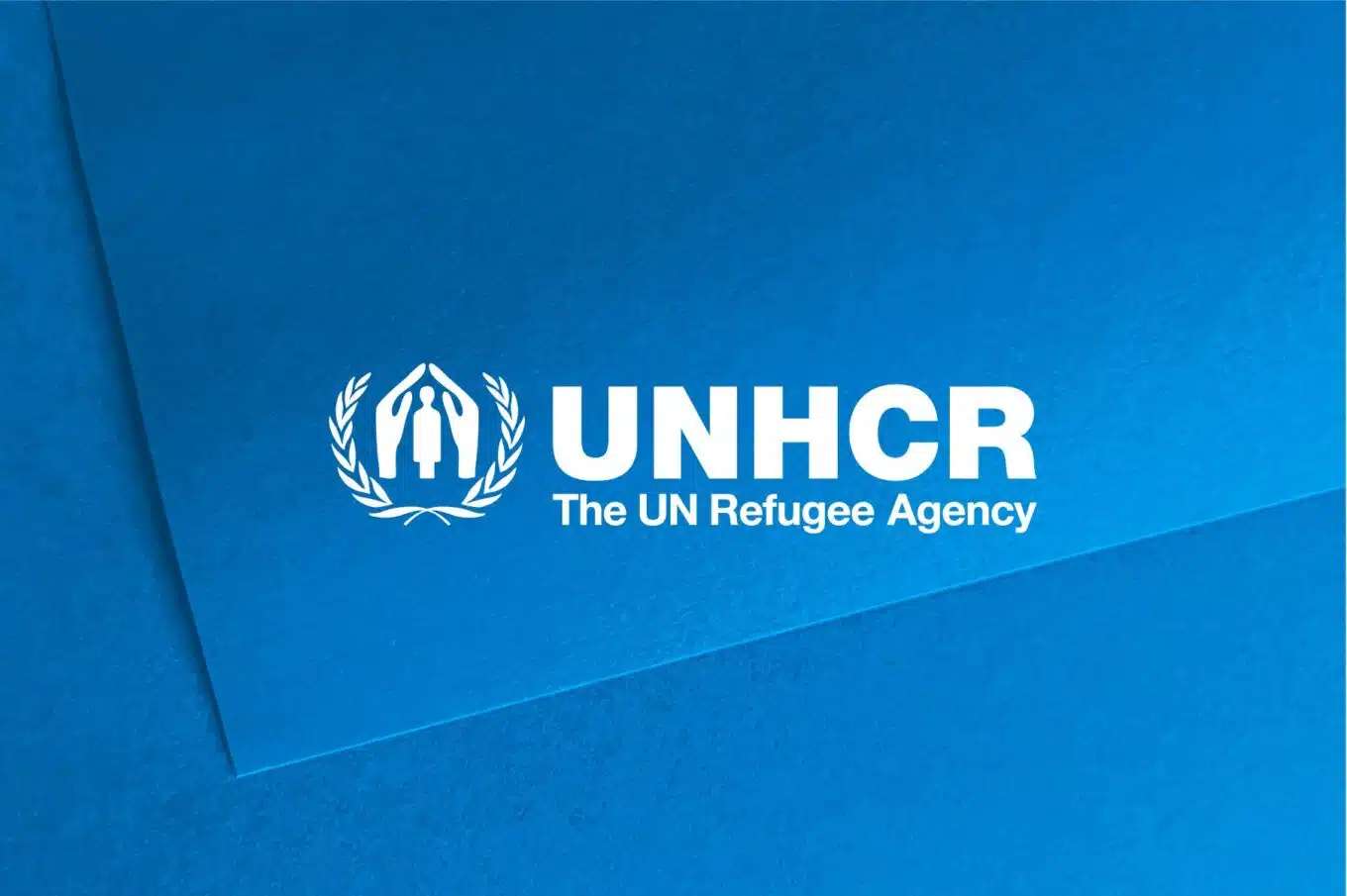GENEVA — Amidst the rapidly deteriorating security, human rights and humanitarian situation in Haiti, UNHCR, the UN Refugee Agency, has issued today new legal guidance to ensure that international refugee protection is provided for Haitians who need it.
Indiscriminate gang violence in Haiti has led to an alarming escalation of human rights violations and large-scale internal displacement. Nearly half of the country’s 11.4 million people require humanitarian assistance. UNHCR’s new guidance aims to assist States with their assessment of asylum claims in light of the stark realities facing Haitians today.
“Haitians’ lives, safety, and freedom are threatened by a confluence of skyrocketing gang violence and human rights violations. UNHCR reminds States of the imperative to ensure Haitians who may need international refugee protection receive it,” said Elizabeth Tan, Director of UNHCR’s Division of International Protection. “We also reiterate our call to all States to not forcibly return people to Haiti, including those who have had their asylum claims rejected.”
In its new guidance, UNHCR considers that, in line with the 1951 Refugee Convention, Haitians who should be deemed eligible for refugee protection may include political activists, journalists, judges, lawyers and others fighting corruption and crime, among other risk profiles.
Furthermore, Haitians may also be eligible for refugee protection under the 1984 Cartagena Declaration’s regional refugee definition. Under this definition applied by many countries in the region, refugee protection should be extended to individuals affected by circumstances that seriously disturb public order in the country and by generalized violence in areas impacted by gang activities.
Countries may also consider granting complementary or temporary protection for people from Haiti, as well as other legal stay arrangements, such as family reunification, humanitarian visas, and access to documentation. Several countries in the Americas are already offering these alternatives to displaced Haitians, enhancing their protection and allowing them to integrate into the communities that welcome them.
As of mid-2023, UNHCR documented 312,000 Haitian refugees and asylum-seekers worldwide. UNHCR has also observed a concerning trend of Haitians undertaking dangerous journeys across continental America and the Caribbean, where sea voyages pose heightened risks. The complex challenges posed by refugee and migrant movements in the Americas can only be addressed effectively through a comprehensive and collaborative regional response.
UNHCR will continue to work with States to ensure access to asylum for Haitians who rely on principled and effective implementation of this guidance.
For more information, please contact:
- In Geneva, William Spindler, spindler@unhcr.org; +41 79 549 5998
- In Panama City, Luiz Fernando Godinho, godinho@unhcr.org; +507 6356 0074
- In Washington, D.C., Andrea Mucino-Sanchez, mucinosa@unhcr.org; +1 202 751 900
- In Washington, D.C., Kat Mahoney, mahoney@unhcr.org, +1 347 443 7646



